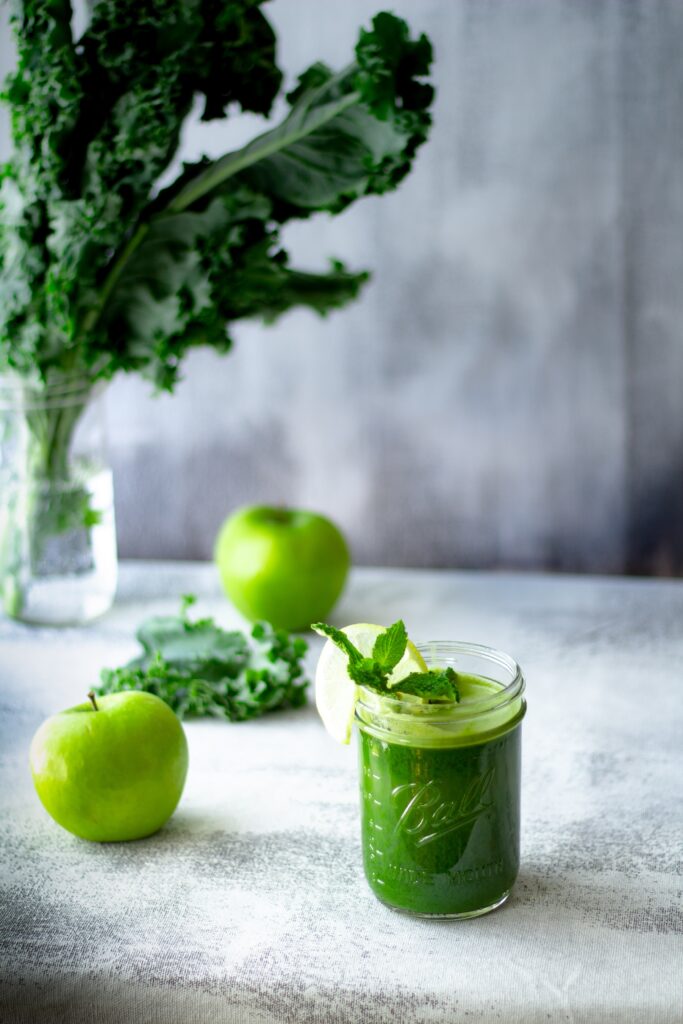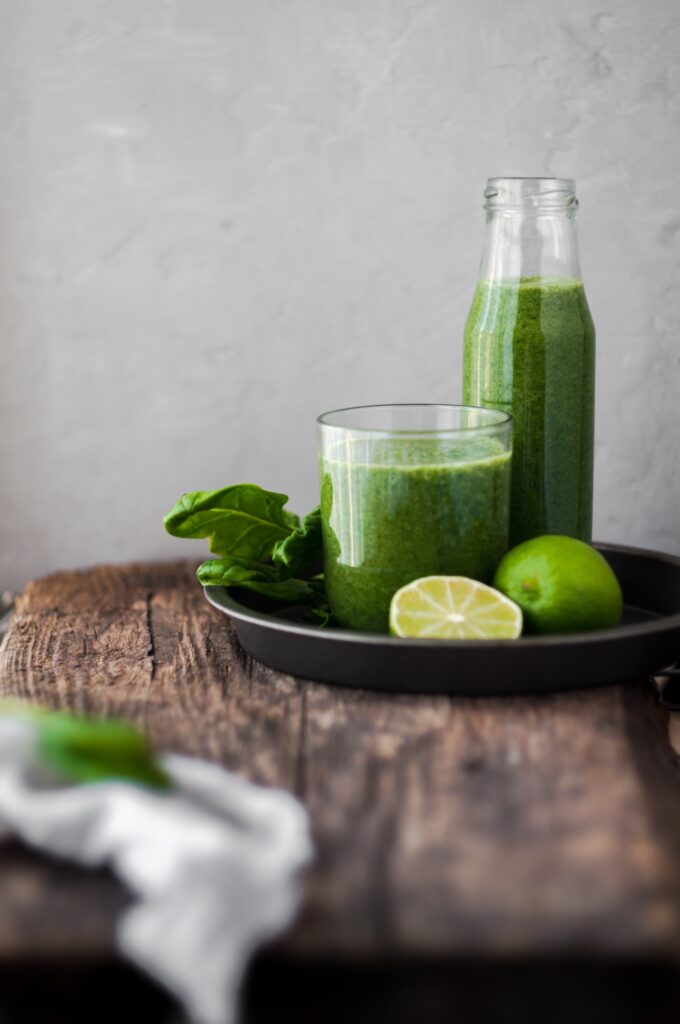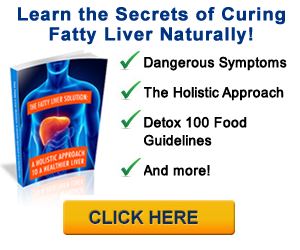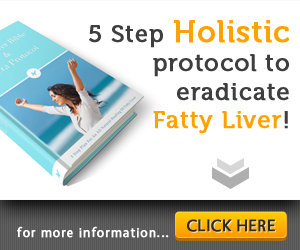Liver Cleanse: Myth Or Magic?
You’ve probably heard of liver cleanses before, but have you ever wondered if they actually work? In this article, we’ll explore the popular practice of liver cleansing and determine whether it’s just a myth or if there’s some truth to the supposed magic of detoxifying your liver. Get ready to uncover the truth behind this trendy health trend and discover whether a liver cleanse is worth the hype.

What is a liver cleanse?
A liver cleanse refers to the process of detoxifying the liver, the largest internal organ in the human body. This cleanse involves various methods and techniques that aim to eliminate toxins and impurities from the liver, promoting its optimal functioning. Advocates claim that a liver cleanse can improve digestion, boost energy levels, enhance immune function, and even promote weight loss. However, the effectiveness and safety of liver cleanses have been a matter of debate among medical professionals and experts.
The role of the liver
To understand the importance of a liver cleanse, it is essential to grasp the vital functions of the liver. The liver acts as a filter, processing and metabolizing substances that enter the body, including nutrients, medications, and toxins. It produces bile, a digestive fluid necessary for the breakdown and absorption of fats. Additionally, the liver plays a crucial role in regulating blood sugar levels, storing vitamins and minerals, and eliminating waste products. The liver’s efficient functioning is paramount for overall health and well-being.

Understanding toxins
Toxins can come from various sources and have detrimental effects on the liver. Environmental pollutants, such as air and water contaminants, can find their way into our bodies and impact liver health. Moreover, lifestyle factors like excessive alcohol consumption, smoking, and poor dietary choices can contribute to toxin buildup in the liver. Over time, the accumulation of toxins can impair liver function and potentially lead to liver diseases.
Toxins and their sources
Toxins can be found in various forms and origins. Heavy metals, such as lead and mercury, can contaminate food, water, and the environment, posing a risk to liver health. Pesticides, solvents, and industrial chemicals are other examples of toxins that can affect the liver. Furthermore, alcohol, drugs, processed foods high in additives and preservatives, and even certain medications can put an additional burden on the liver’s detoxification processes.
Effects of toxins on the liver
When the liver is exposed to an excessive amount of toxins, it can become overwhelmed and struggle to perform its functions effectively. This can lead to inflammation of the liver, known as hepatitis, and in severe cases, lead to liver diseases such as fatty liver disease, alcoholic hepatitis, or cirrhosis. The liver cleanse methods aim to alleviate the burden on the liver and reduce toxin accumulation, thus potentially preventing these conditions.
Liver cleanse methods
There are several methods and approaches to liver cleansing, each with its own set of benefits and considerations. It is essential to understand these methods and choose the one that suits you best, consulting with a healthcare professional if necessary.
Juice cleanses
Juice cleanses involve consuming only fresh fruit and vegetable juices for a set period, usually ranging from a few days to a week. Supporters claim that the high nutrient content in these juices provides the liver with essential vitamins, minerals, and antioxidants, aiding in detoxification. However, critics argue that juice cleanses lack essential proteins and fats, potentially leading to nutrient deficiencies and muscle loss.
Herbal supplements
Herbal supplements, such as milk thistle, dandelion root, and turmeric, are commonly used in liver cleanses. These supplements are believed to have liver-protective properties and enhance liver function. While some studies have shown potential benefits of certain herbal supplements, more research is needed to validate their efficacy and safety.
Fasting
Fasting involves abstaining from food or certain types of food for a specific period. Some liver cleanse protocols advocate for intermittent fasting or extended fasting to give the liver a break and initiate a detoxification process. However, fasting should be approached cautiously, as it may not be suitable for everyone, especially those with underlying health conditions or nutrient deficiencies.
Liver detox diets
Liver detox diets focus on eating foods that support liver health while avoiding those that may burden the liver. These diets typically emphasize whole foods, such as fruits, vegetables, lean proteins, and whole grains, while reducing or eliminating processed foods, alcohol, and caffeine. While there is no scientifically proven liver detox diet, following a balanced and nutritious diet can undoubtedly benefit liver health.

Benefits of liver cleanse
Advocates of liver cleanses claim various benefits for overall health and well-being. These benefits include improved digestion, increased energy levels, enhanced immune function, clearer skin, better mental clarity, and even weight loss. However, it is important to note that scientific evidence supporting these claims is limited, and individual results may vary. Furthermore, the body is naturally equipped with mechanisms, such as the liver and kidneys, to eliminate toxins, and maintaining a healthy lifestyle is key to supporting optimal liver function.
The scientific perspective
When it comes to liver cleanses, the scientific community has raised concerns about the lack of evidence and potential risks associated with these practices.
Lack of evidence
Many liver cleanse methods are based on anecdotal evidence and lack rigorous scientific studies to support their efficacy. Limited clinical research exists on the long-term benefits and potential risks of liver cleanses. While some studies have shown short-term improvements in liver enzyme levels or inflammation markers, more robust evidence is necessary to draw definitive conclusions.
Misinterpretation of results
Some proponents of liver cleanses may misinterpret the results of tests or misattribute improvements in health markers to the cleanse itself. Often, changes in liver enzyme levels or other health parameters can be attributed to factors other than the liver cleanse, such as dietary changes or placebo effects.
Placebo effect
The placebo effect can play a significant role in individual experiences and perceptions of liver cleanses. Believing in the power of a liver cleanse and expecting positive outcomes can lead to a placebo effect, where individuals may perceive improvements in their health, even if there is no physiological basis for the changes observed.
Risks and precautions
Liver cleanses, despite their perceived benefits, come with potential risks and precautions that should not be overlooked.
Interference with medication
Liver cleansing methods, particularly the use of herbal supplements, may interact with medications. Some supplements can interfere with the metabolism of certain drugs, leading to altered drug efficacy or increased risk of adverse effects. It is crucial to consult with a healthcare professional before embarking on a liver cleanse, especially if you are on any medications.
Malnutrition and dehydration
Certain liver cleanse methods, such as prolonged fasting or restrictive diets, can lead to nutrient deficiencies and dehydration. This can have adverse effects on overall health and well-being. It is important to ensure that any liver cleanse approach is well-balanced and provides adequate nutrition and hydration.
Potential liver damage
In some cases, aggressive or prolonged liver cleansing methods can potentially cause harm to the liver. Extreme fasting, excessive consumption of specific herbs or supplements, or inadequate monitoring of liver function during a cleanse can lead to liver damage. It is crucial to approach liver cleanses with caution and under the supervision of a healthcare professional.
Alternative approaches
If you are skeptical about liver cleanses or prefer alternative approaches to support liver health, there are other strategies you can consider.
Regular exercise, maintaining a healthy weight, and avoiding excessive alcohol consumption can significantly contribute to liver health. Engaging in physical activity promotes blood circulation, which aids in liver function. Additionally, a balanced diet rich in fruits, vegetables, whole grains, and lean proteins provides the liver with essential nutrients for optimal performance. Avoiding or minimizing exposure to environmental toxins and cigarette smoke also plays a role in reducing liver burden.
Maintaining liver health
While liver cleanses may not be scientifically proven to have significant long-term benefits, there are several strategies you can adopt to support your liver health on a daily basis.
Healthy diet and lifestyle
Eating a well-balanced diet that is low in processed foods, sugars, and unhealthy fats can help reduce the burden on the liver. Incorporating foods that support liver health, such as leafy greens, cruciferous vegetables, garlic, and turmeric, can be beneficial. Staying well-hydrated, avoiding excessive alcohol consumption, and limiting exposure to environmental toxins are also essential for liver health.
Exercise and weight management
Regular physical activity not only supports overall health but also aids liver function. Engaging in activities such as cardiovascular exercises, strength training, and yoga can help maintain liver health. Additionally, maintaining a healthy weight and managing existing conditions like obesity or diabetes can significantly reduce the risk of liver diseases.
Avoiding excess alcohol and drug use
Excessive alcohol consumption is a well-known risk factor for liver disease. Limiting alcohol intake and avoiding illicit drug use are crucial for liver health. It is important to remember that medications, including over-the-counter drugs and prescription medications, can also have implications for the liver. Following appropriate dosages and consulting healthcare professionals can minimize any potential risks.
Conclusion
While liver cleanses may have gained popularity as a means to improve liver health and overall well-being, it is essential to approach them with caution. The scientific evidence supporting their effectiveness and safety is currently limited. Instead, focusing on maintaining a healthy lifestyle, including a balanced diet, regular exercise, and avoiding excessive alcohol consumption, provides a solid foundation for liver health. Consulting with healthcare professionals and practicing evidence-based approaches to liver care is crucial to ensure optimal long-term liver function.


